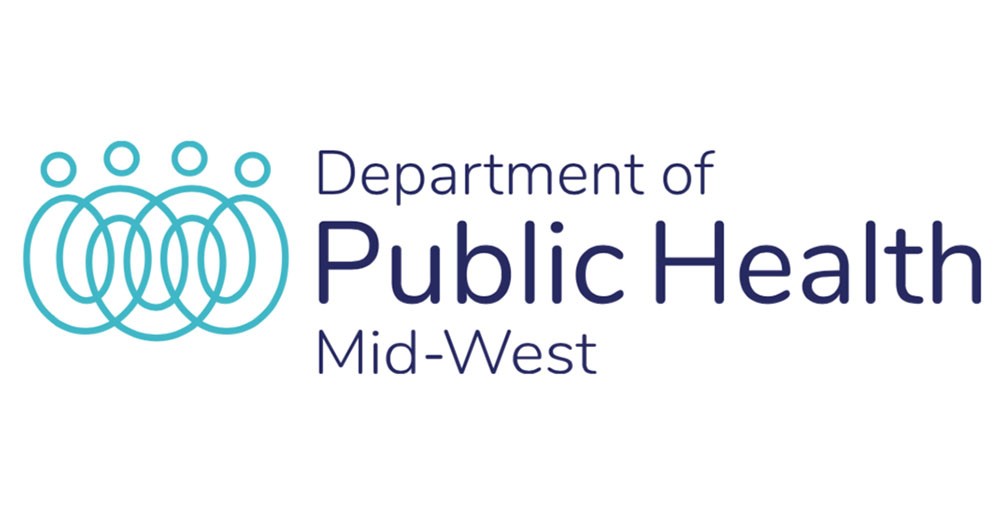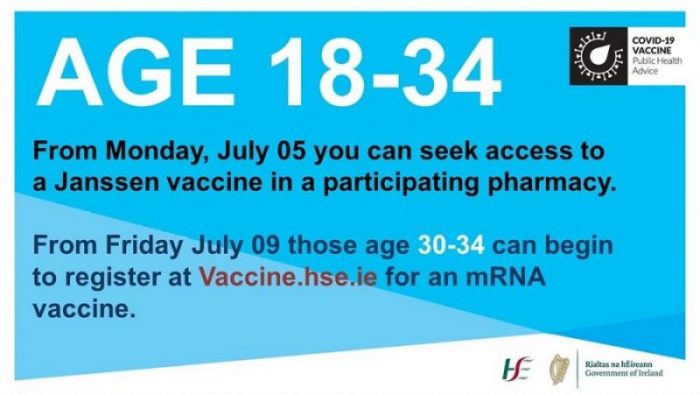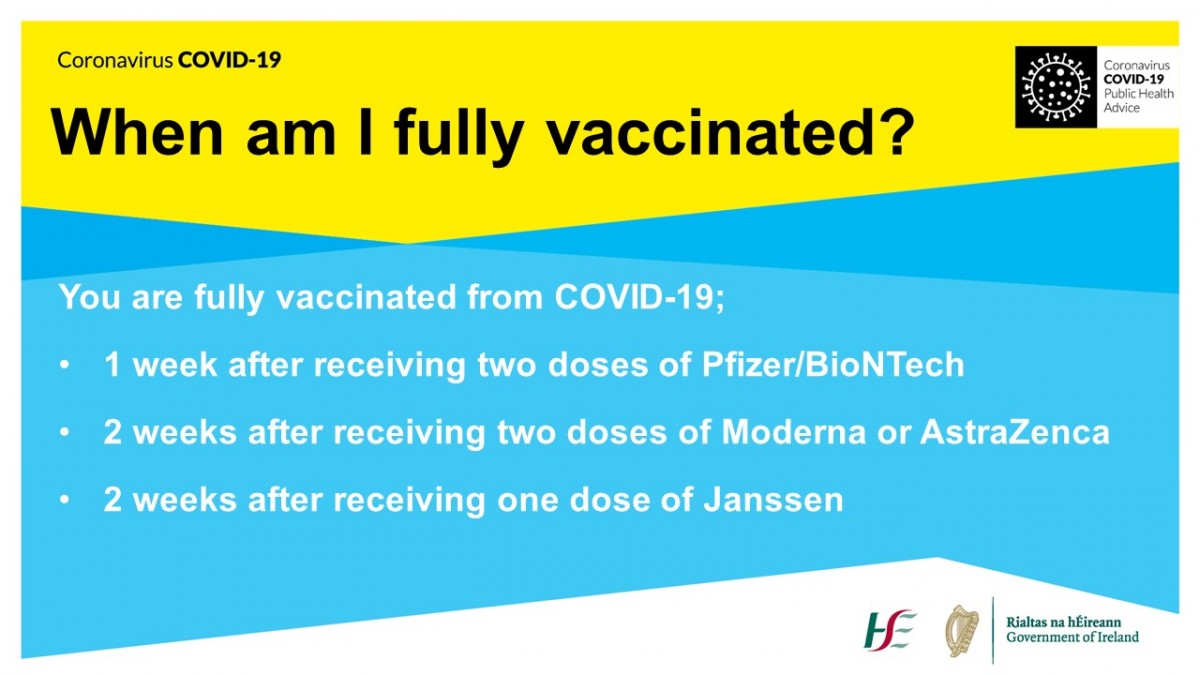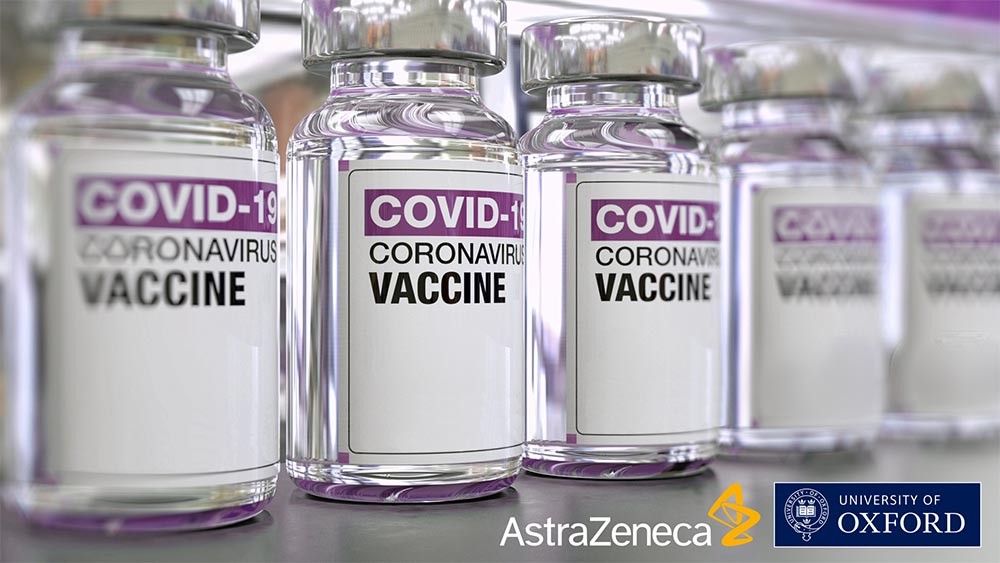
The Department of Public Health Mid-West is urging members of the public to not drop their guard and to continue following Public Health guidelines after they have received their second Pfizer, Moderna or AstraZeneca COVID-19 vaccine dose, or their single Janssen shot.
Depending on the vaccine, people must wait a certain period of time after their final dose before they are considered fully vaccinated and best protected against COVID-19.
It is also important to be aware that vaccines are not 100% effective so even those who are fully vaccinated may still become infected.
We ask that people continue to follow Public Health guidelines after full vaccination in order to ensure best protections for you and your loved ones as a significant proportion of the adult population becomes fully vaccinated in the coming weeks and months.
Being fully vaccinated significantly reduces the chances of severe illness and hospitalisation, and people who are fully vaccinated should be more comfortable meeting with other people who are also fully vaccinated.
The considerable interest in uptake of vaccination among 18- to 34-year-olds is positive. We also note that people in their 60s will receive their second AstraZeneca dose soon.

We are recording a slight increase in COVID-19 infection rates in recent days, following a steady week-on-week decrease between early and late June.
In the past 14 days, there have been 428 cases in the Mid-West of which 73 were in Clare. This is a slight increase from 403 cases in the Mid-West in the 14-day period up to Friday, July 2.
Public Health Mid-West will host a Safe Work Stops Covid webinar this Friday at 10am, which will help inform local businesses on how to protect their staff, customers, and communities from COVID-19. Businesses can register here.
Our department is currently investigating COVID-19 situations in 12 workplaces, involving 100 cases and an estimated 77 close contacts. While this is a significant improvement since mid-June when we were investigating more than 50 workplace settings, we still find some issues that limit our ability to investigate COVID-19 situations in the workplace.
For example, during the contact tracing process, we occasionally encounter conflicting accounts of activity. This limits and delay our ability to implement control measures in an outbreak situation.
The contact tracing process is private and confidential, and allows Public Health clinicians to prevent potentially serious outbreaks in the community.
From our experience, workplaces that have excellent COVID-19 policies and management tend to not experience outbreaks when a case is quickly identified.
We are recording a higher incidence of infection among vulnerable populations, after seeing few cases in recent weeks. Our department is working closely with HSE Social Inclusion services to encourage continued vaccine uptake among the vulnerable population in the Mid-West.
Dr Rose Fitzgerald, Specialist in Public Health Medicine, said: “For the first time in almost four weeks, we are not seeing a consistent decrease in cases in the Mid-West region. The baseline of infection remains too high for people to drop their guards against this virus, particularly in light of the emerging Delta variant. We are concerned about the possible implications it may have on our local health service, but we can slow its spread by following Public Health guidelines –limiting your contacts, social distancing, wearing a mask, avoiding crowds and availing of a vaccine as soon as it is offered to you.”

